Near Field Communication (NFC) Technology has the Potential to Transform Hospital Systems
Near Field Communication (NFC) technology has the potential to transform hospital systems by improving patient workflows, safety, and outcomes. With its ability to facilitate seamless data transfer and interactions between devices, NFC offers numerous applications that can enhance various aspects of patient care. Here’s how NFC can be utilized in hospital systems:
Patient Identification and Tracking:
NFC-enabled patient wristbands or ID cards can be used for quick and accurate patient identification. By scanning these NFC tags, healthcare providers can access patients’ electronic health records (EHRs), ensuring accurate and efficient care delivery. NFC-based tracking systems can also monitor patient movements within the hospital, optimizing patient flow and enhancing safety.
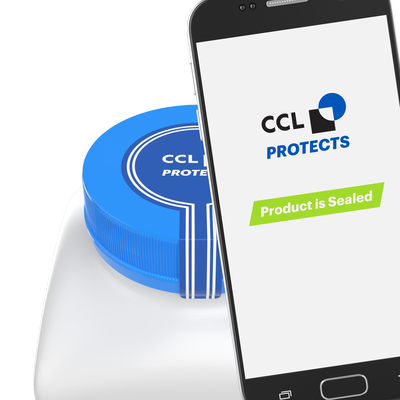
Medication Management:
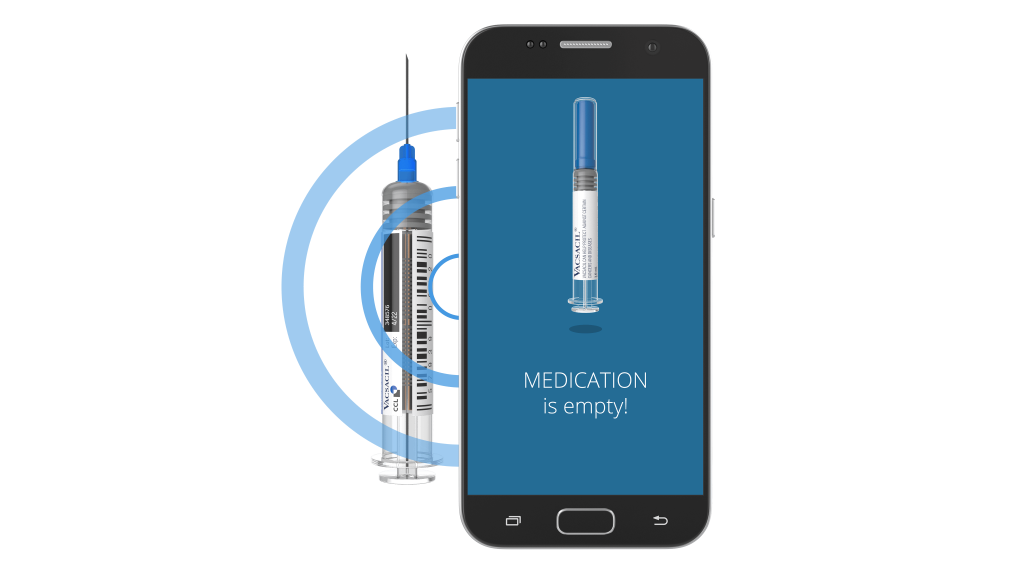
NFC can be integrated into medication packaging, enabling easy scanning to access medication details, dosage instructions, and expiration dates. Nurses and caregivers can use NFC-enabled devices to verify the right medication and dosage for each patient, reducing the risk of medication errors. Additionally, NFC can track medication administration, ensuring patients receive medications on time and enhancing adherence.
Electronic Health Records (EHR) Access:
Healthcare professionals can use NFC-enabled devices to access patient EHRs securely. NFC tags placed on hospital workstations can allow authorized staff to log in quickly, streamlining workflows and ensuring that the right personnel have access to patient information when needed.
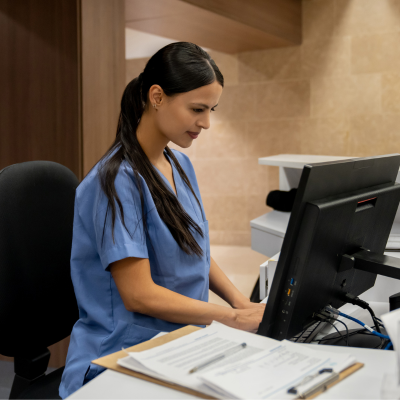
Medical Device Connectivity:

NFC can facilitate communication between medical devices and electronic health systems. For instance, NFC-enabled infusion pumps can communicate directly with patients’ EHRs, automatically updating records and improving data accuracy. This connectivity enhances patient safety by minimizing manual data entry and potential errors.
Vital Signs Monitoring:
NFC-enabled sensors can be integrated into wearable devices to monitor patients’ vital signs, such as heart rate, blood pressure, and temperature. These devices can transmit real-time data to healthcare providers’ NFC-enabled devices, enabling timely interventions and personalized care plans.
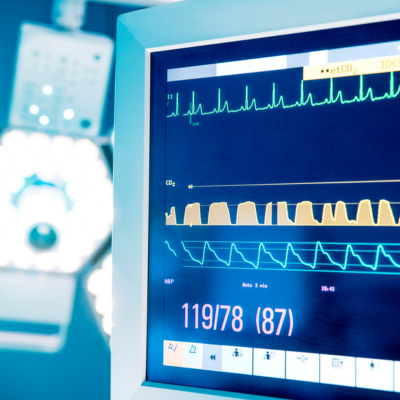
Infection Control:

NFC technology can be applied to track and monitor the usage and cleaning of medical equipment. NFC tags on medical devices can record cleaning and maintenance information, ensuring proper sterilization and reducing the risk of hospital-acquired infections.
Nurse Call Systems:
NFC-based nurse call systems can allow patients to communicate directly with nurses or request assistance with a simple tap of their NFC-enabled devices. This streamlines communication, reduces response times, and enhances patient satisfaction.
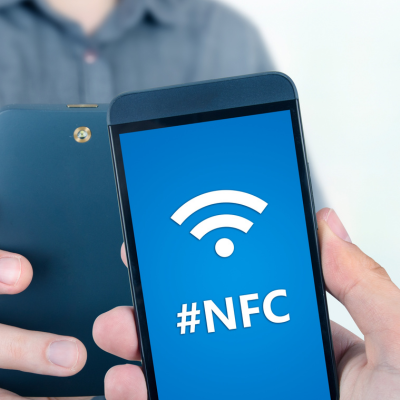
Mobile Payments and Registration:
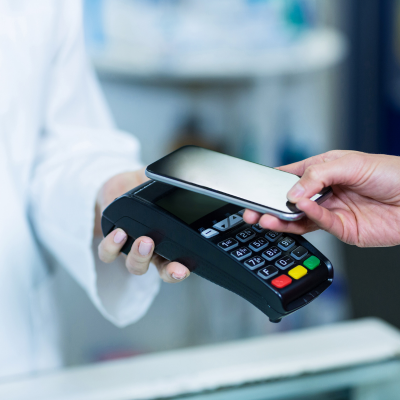
NFC-enabled devices can facilitate contactless payments for hospital services, making the billing process smoother for patients and reducing the need for handling physical currency. NFC can also expedite the registration process, as patients can quickly check-in using their NFC-enabled smartphones or ID cards.
Asset Tracking:
NFC tags can be attached to medical equipment, ensuring that hospital staff can quickly locate and track essential assets, such as wheelchairs, infusion pumps, and portable monitors. This optimization of asset management improves operational efficiency and reduces equipment downtime.
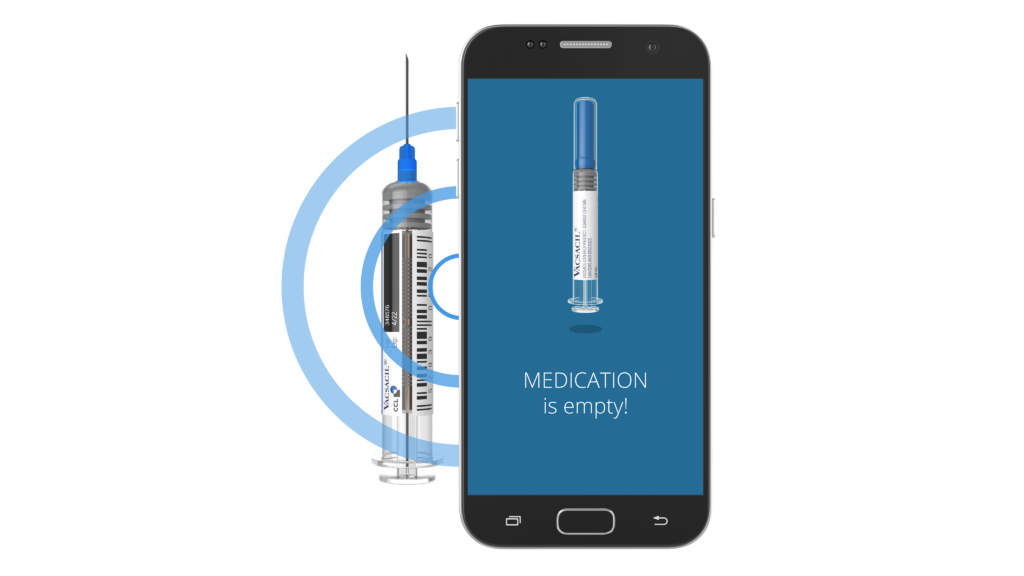
Patient Discharge and Follow-up:
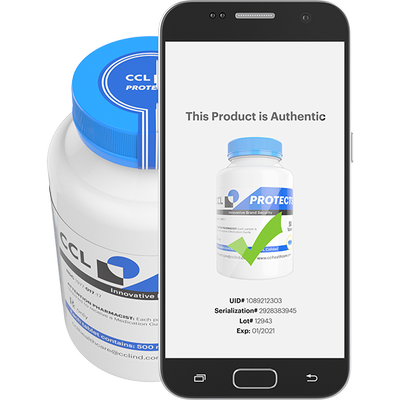
Upon patient discharge, NFC tags can contain important post-discharge instructions, follow-up appointments, and medication reminders. Patients can access this information using their NFC-enabled smartphones, leading to better post-discharge compliance and improved patient outcomes.
Conclusion:
NFC technology has the potential to revolutionize hospital systems by streamlining patient workflows, enhancing safety, and ultimately improving patient outcomes. From patient identification to medication management and asset tracking, the seamless data transfer and interactions enabled by NFC contribute to more efficient and patient-centered care. By embracing NFC solutions, hospitals can create a safer, more connected, and technologically advanced environment that benefits both patients and healthcare providers.